EXCLUSIVE: Deon Taylor Talks Working W/ Mike Epps & Katt Williams: I Was Nervous As Hell! + Shares Advice He Received From John Singleton, Tells Younger Generation ‘Instead Of Buying A $2,000 Belt Invest In A Camera’

EXCLUSIVE: Deon Taylor Talks Working W/ Mike Epps & Katt Williams: I Was Nervous As Hell! + Shares Advice He Received From John Singleton, Tells Younger Generation ‘Instead Of Buying A $2,000 Belt Invest In A Camera’
Filmmaker Deon Taylor didn’t hold back during our EXCLUSIVE conversation with him about upcoming projects, his craft, and other celebrities!
Deon Taylor first spoke about his experience getting the ball rolling with The House Next Door: Meet the Blacks 2. He also discussed his experience working alongside both Mike Epps and Katt Williams. He said:
“I was in London, and somebody was like ‘Are you gonna make another Meet the Blacks?’… When I heard that, I was like ‘Alright Deon, you need to like go make another film.’ And I called Mike Epps, and here’s where it got really dope: I kind of had a concept… I called Katt Williams, and had a conversation with [him]… Mike was open, Katt was open. Next thing I know, I’m sitting on set and I’m like nervous as hell with these two! Like, yo, am I gonna pull this off? They showed up, they delivered. They were inseparable–it was just beautiful, man.
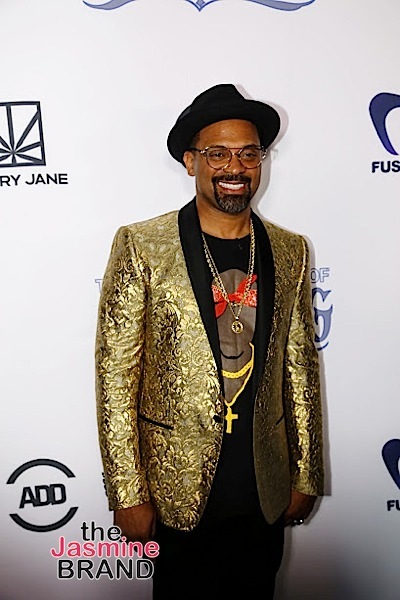
Mike Epps
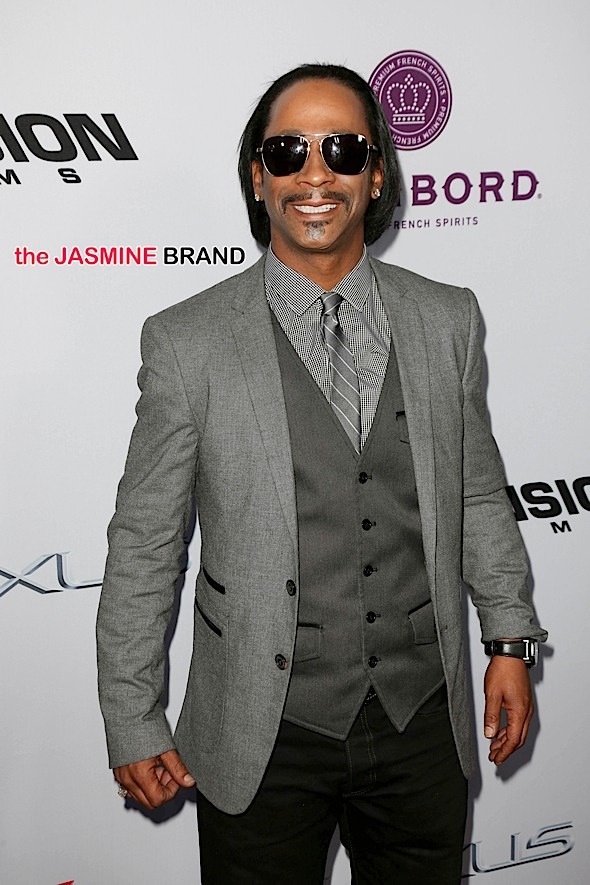
Katt Williams
He continued, reflecting on the Black unity and excellence that the film’s production portrays. Deon Taylor stated:
“The minute that [Black people] come together, the minute that we work together, the minute that we celebrate each other, that’s when it gets real scary [for others]… You have a Black film, financed by Black people, owned by Black people, produced by Black people, being distributed by Black people, and starring Black people… This is the one where y’all need to really, really rally around. Because the bigger this becomes, the more of these we can do. And you give opportunities to [young Black stars]. I’m trying to figure out how to do [a movie] with DC Young Fly next.”

DC Young Fly
Deon Taylor then began to discuss Paul Mooney and Charlie Murphy, who appeared in the first Meet the Blacks and have since passed away:
“These were the people that were on the ground with me. Charlie Murphy was making phone calls to help make Meet the Blacks come to life, and Paul Mooney showed up without knowing me and said ‘Yo, I heard you’re a dope director. I’m here!’ Those are the things that we have to make sure people understand and they hear…[success] is a journey.”
https://www.youtube.com/watch?v=U1rmjEn6wnQ
He proceeded to then share a story of being with Paul Mooney and Charlie Murphy, as well as some other stars:
“I remember sitting in a room with Paul Mooney, Charlie Murphy, Mike Tyson, [and] Mike Epps, all taking about the ’80s. And I can’t repeat what I know, but it was like, man, just understanding that Charlie Murphy and Eddie Murphy and Mike Tyson [were with me]. They’re icons and we love ’em, and we’re gonna keep them alive.”
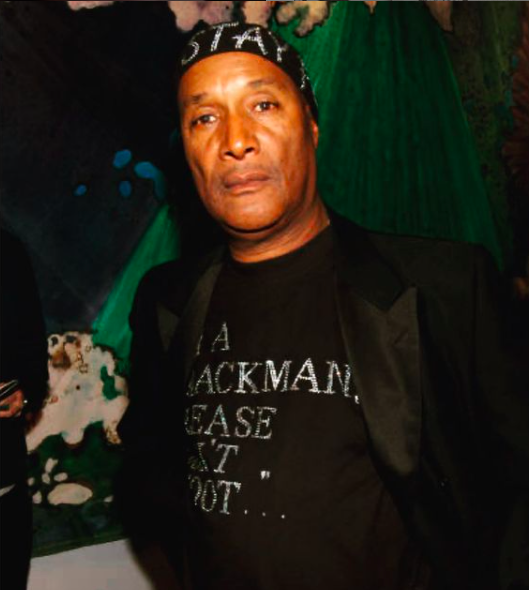
Paul Mooney
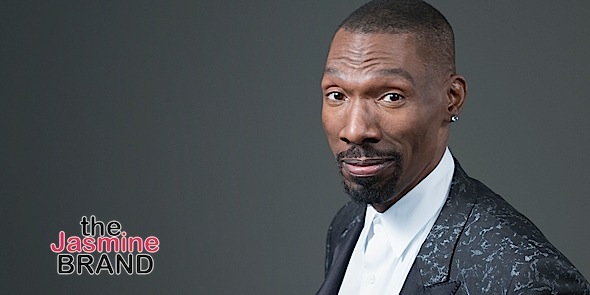
Charlie Murphy
At this point, Deon Taylor then shared his struggles growing up, and he also proceeded to give some advice to young people aspiring for success. He stated:
“Sometimes the industry tries to keep out realism. And I represent that, and everybody around me represents authenticity. Like I’m not afraid to tell people my light’s been off. I’m not afraid to tell people that I played basketball and I had holes in the bottom of my shoes, or my mom was on welfare and worked a job. Like, you gotta understand we came from a real place… the game needs to be told for free–to others, so they can grow… Instead of investing in that $2,000 belt, invest in a camera and go shoot a movie.”
Then, he added more onto the importance of Black filmmakers, saying:
“Meet the Blacks allowed Lil Duval to get onto the big screen. It allowed Michael Blackson to be a part of a movie… it allowed Zulay Henao to have a leading role as a Latina woman. Being a director and an artist and a filmmaker, our job is to open up more doors for more people like us. And, like I just said, that’s why The House Next Door is spectacular.”
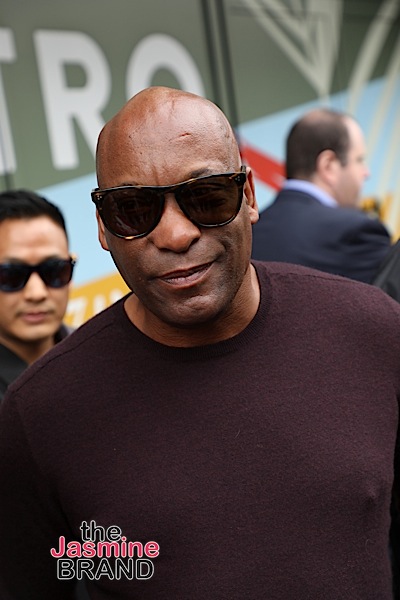
John Singleton
Segueing back to discussing deceased artists, Deon Taylor proceeded to open up about a conversation he had with the late John Singleton and how it connected to his children. He said:
“The one thing that John told me, in a party in a crowded room one time, he was like ‘Keep being real. It will shake up the world the more real you become.’ And that’s all I know–I don’t know anything else but to be truthful and to be as real as I can possibly be… Being able to be a strong Black man–to stand up and show my daughter ‘Here’s what a man looks like.’ Show my sons ‘Here’s what a man looks like’… We stand with the people, man.”
Deon Taylor then touched on the diversity of his films, claiming:
“This is the world we live in, whether y’all like it or not–you know what I mean? My movies, if you go look at all my films… I try to shoot through a lens of what the world looks like. I think it’s dope to have all-Black films, but at the same time I think it’s very, very special to see the world that we live in. In The House Next Door, that movie represents a community. So who’s in that community? Black and brown people… [we even have] Gary Owens. So we gotta make sure that it speaks to the authenticity of who we are, too. So I try to make sure that I make films that look like the world we live in. Period. And that consists of Black, white, Latino, Asian, gay, LBGT–it doesn’t matter for me, as long as it fits the story.”
At this point, Deon Taylor discussed his upcoming John Lewis film project, saying:
“I’m gonna be making a film that will be the most important movie of our lifetime, which is the John Lewis movie. And I’ll be starting that film in January. I’ll be shutting down my whole life, my whole world, and I’ll be focused on making the best movie I can possibly make to tell that story. Now when I make that film, I don’t know what studio it’s gonna be with yet, I don’t know which great producers are gonna be around it. But I will tell you I’m gonna be looking for them to be looking at that movie. Because that is out icon–that’s our legend.”
Wrapping up the interview, he proceeded to reflect on what it means to be an independent filmmaker, as well as the work it necessitates. He said:
“Independent means that you are controlling what you’re doing. There is no one cutting a check. There’s no one [organizing for you]. Independent means that you are looking at a blank piece of paper, you’re gonna write a script, you’re gonna go find the money, you’re gonna go hire your own crew, and you’re gonna make your own movie. Period. Then when you’re done, you’re gonna go find out how to get it to the masses. That’s independent.
You can watch the full interview below:
View this post on Instagram
What do you think about our EXCLUSIVE interview with Deon Taylor? Comment down below to let us know!


 Previous Article
Previous Article Next Article
Next Article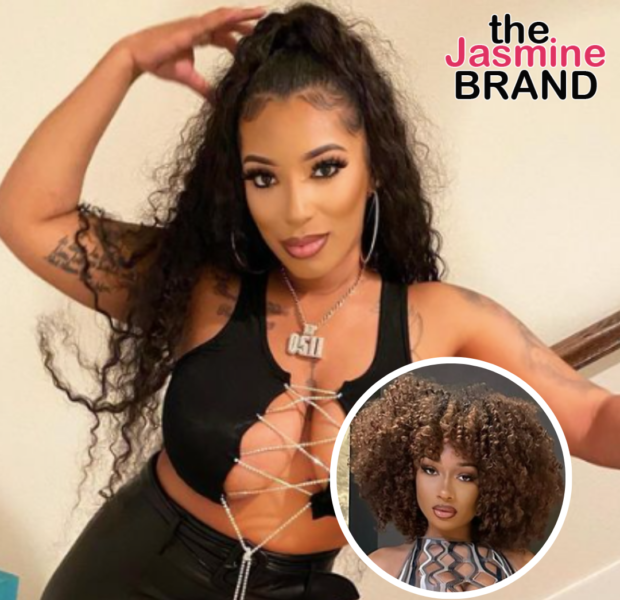 Exclusive: Megan Thee Stallion’s Former Best Friend Kelsey Nicole In Talks To Join “Love & Hip Hop: Houston”
Exclusive: Megan Thee Stallion’s Former Best Friend Kelsey Nicole In Talks To Join “Love & Hip Hop: Houston”  EXCLUSIVE: VH1 Allegedly Has Issue With Zeus Taking Reality Stars From Their Network, Sends Cease & Desists
EXCLUSIVE: VH1 Allegedly Has Issue With Zeus Taking Reality Stars From Their Network, Sends Cease & Desists 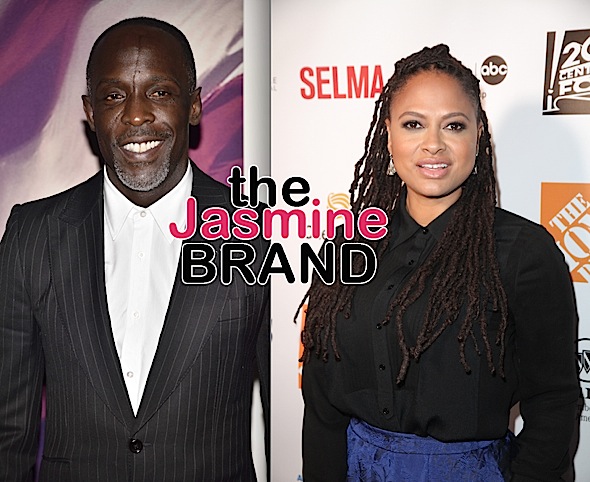 EXCLUSIVE: Ava DuVernay Helped Michael K. Williams Process Emotional Role In ‘When They See Us’: It Was So Intense I Had To Call Her
EXCLUSIVE: Ava DuVernay Helped Michael K. Williams Process Emotional Role In ‘When They See Us’: It Was So Intense I Had To Call Her 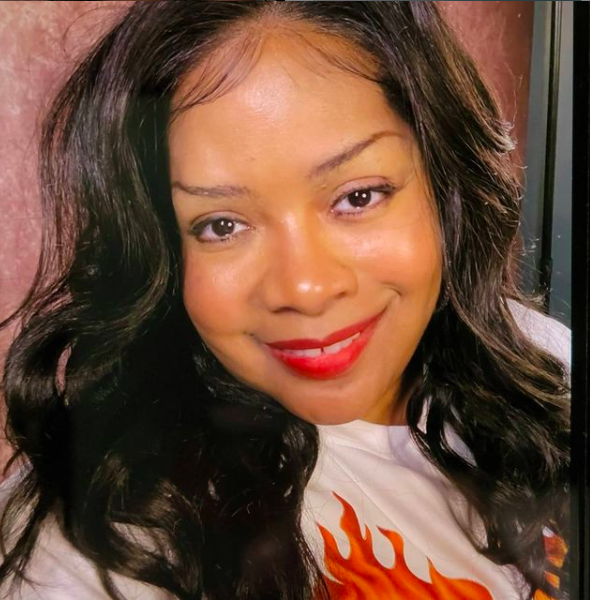 EXCLUSIVE: Radio Personality Miss Jones Says The Late Andre Harrell Gave Her Pills To Keep Her Stomach Flat, Dishes On Her Return To Music & Pressure To Look A ‘Certain Way’
EXCLUSIVE: Radio Personality Miss Jones Says The Late Andre Harrell Gave Her Pills To Keep Her Stomach Flat, Dishes On Her Return To Music & Pressure To Look A ‘Certain Way’ 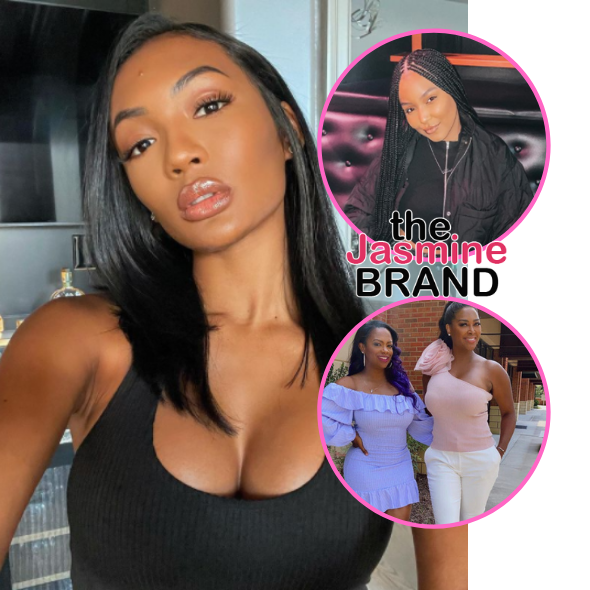 EXCLUSIVE: ‘RHOA’ Newbie Falynn Guobadia Talks Fallout W/ LaToya Ali, Says LaToya Called Her A Racial Slur + Reveals She’s Closest W/ Kenya Moore & Kandi Burruss, Denies Rumors She & Her Husband Are Splitting
EXCLUSIVE: ‘RHOA’ Newbie Falynn Guobadia Talks Fallout W/ LaToya Ali, Says LaToya Called Her A Racial Slur + Reveals She’s Closest W/ Kenya Moore & Kandi Burruss, Denies Rumors She & Her Husband Are Splitting 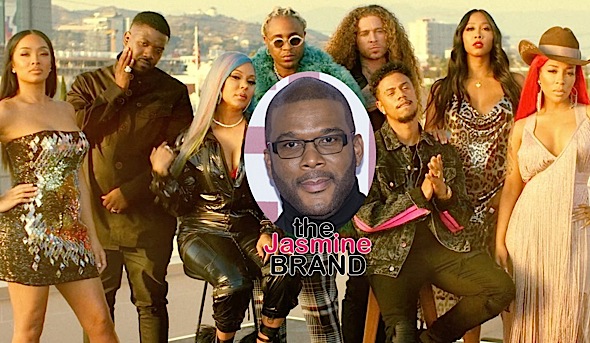 EXCLUSIVE: Love & Hip Hop Reunion Filming At Tyler Perry’s Studio On Oprah’s Soundstage!
EXCLUSIVE: Love & Hip Hop Reunion Filming At Tyler Perry’s Studio On Oprah’s Soundstage! 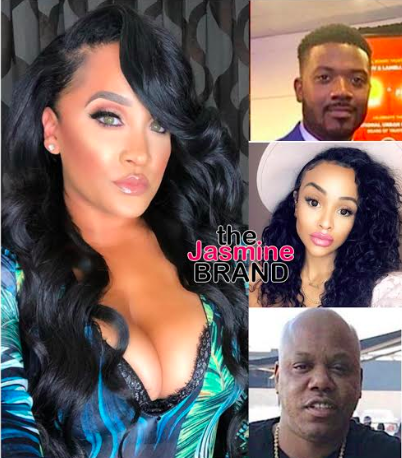 EXCLUSIVE: Natalie Nunn Joins Ray J, Masika Kalysha & Too Short For Hollywood Parents Reality Show
EXCLUSIVE: Natalie Nunn Joins Ray J, Masika Kalysha & Too Short For Hollywood Parents Reality Show 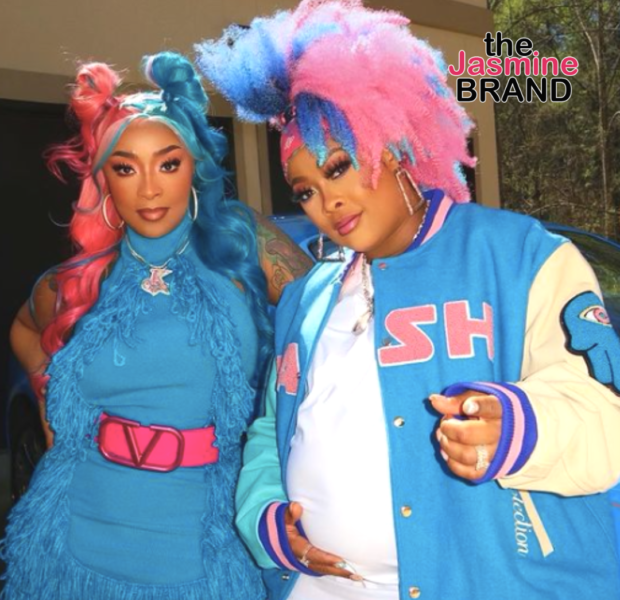 Exclusive: Da Brat’s Wife Jesseca Harris-Dupart Addresses Backlash Over Couple Using A White Sperm Donor: ‘No Amount Of Money Was Changing The Cryobank’s Inventory’
Exclusive: Da Brat’s Wife Jesseca Harris-Dupart Addresses Backlash Over Couple Using A White Sperm Donor: ‘No Amount Of Money Was Changing The Cryobank’s Inventory’